God of War is a masterpiece from start to finish, with a perfect balance of rewarding gameplay that is enhanced by moments of narrative genius. Find out more in our full God of War review.
One of my primary criticisms of games the last few years is they often take the checkbox approach. Some care more about having a certain list of features or elements than realizing their core vision. The problem with this is that forcing features just to give the illusion of depth or ample content often creates a disconnect in the gameplay itself. God of War doesn’t have that problem. The mechanics form a healthy ecosystem. Each piece does well on its own while feeding off the others to create a masterpiece.
For the Love of Midgard
At its heart, God of War is about a journey between a father and son. The two don’t seem particularly close in the early going, with Atreus desperate to prove himself to his dad, and Kratos keeping his son at arm’s length in a misguided attempt to prepare him for the harsh realities of the world. Kratos and Atreus both grow as individuals as they travel and battle through Midgard and neighboring realms, and their individual evolutions lead to constant narrative payoffs. There were moments where I wanted to smack Kratos for being a jerk, and times when Atreus needed to stand in the corner and think about what he’d done, but I always wanted to see what would happen next.

The payoffs in God of War aren’t just with the story elements, though, they’re in everything the player does. Never in my life have I experienced feedback this satisfying. Whether recalling the Leviathan Axe and feeling the thud as it hits Kratos’ hand or pushing the lid off a coffin to grab some loot, everything feels heavy without being slow. Kratos is powerful, as any God of War worthy of their title should be, and he gets more powerful throughout the journey.
I began to realize just how good God of War was when I first arrived at the Lake of Nine. This is when the experience stopped being linear. It never truly became an open world, but it certainly landed in a hybrid state between linear and open. The main story remained narrow in its path, but there was nothing preventing me from exploring the Lake of Nine and spending hours ignoring the campaign.

The key to exploration in God of War is that it, like everything else, is also immensely satisfying. Every location explored will have interesting enemies that drop worthwhile loot, ample puzzles with rewards for solving them, and chests that provide currency and even more loot. Even collectibles can be sold for large sums of Hacksilver (the in-game currency), giving reason to hunt them down. While all this is happening there is a non-stop bombardment of Norse mythology that is immensely interesting. I had to track down all the Jotnar Shrines not because I received something for my efforts, but because I needed to absorb as and process as much of this knowledge as I could.
God of War is very much about soaking it all in. There were moments where I had to take a minute to emotionally sort through what just happened. One was with the World Serpent, an experience I will remember for years to come. Kratos felt small compared to this huge creature, and because of that I had a hint of fear, but more powerful was my curiosity. I was reminded of how I felt seeing the brontosaurus in Jurassic Park many years ago, which to this day is one of the more memorable moments I’ve experienced watching a movie.

Violence Can Be Beautiful
The combat in God of War is as good as any game in recent memory. Players will not only have Kratos and his growing list of moves unlocked through the skill tree, but also Atreus, who can be given commands through a single button press. Kratos may have been tough on Atreus at times during their journey, but that kid saved my life more often than I saved him. Although he never did monstrous amounts of damage with his arrows, they worked to distract enemies when I needed a minute to charge an attack or find a Healthstone.
As I got better with the combat I started to develop a swagger. I’d spot a troll in the distance and do a slow jog, circling and sizing up my opponent. Boss fights in God of War can be intense, and it was nice to take a second to breathe and prepare. I loved those calm moments before the storm. Those few seconds of peace before the violent chaos.

I suspect I’m not alone here, but my favorite combat experiences were boss fights. Not just those attached to the campaign, but out while exploring the world and bumping into a traveler, ogre, or troll. Even in death I felt that I was learning. I could study my enemy’s moves and work to evade or block, then attack at the perfect time. Throughout most of the game I never felt frustration in death. Each one was about learning and growing to eventually overcome an obstacle. I never felt helpless until the end game.
God of War’s combat is enhanced by the skill trees for Atreus and Kratos, as well as the weapons, armor, enchantments, and crafting system. Players can create builds that fit their style of play, focusing more on stats that make sense to them. As I started to get more options for customizing my build, I found myself moving towards perks that kept me alive and enhanced my runic attacks. It’s an easy enough system to enjoy casually, but it offers a depth that will appeal to skilled players looking to fine tune their builds for specific encounters. The bonus here is that God of War isn’t cheap with experience or currency, so crafting and tweaking is never a grind.
Every Father Has His Flaws
My love of combat in God of War did stumble at one point. As a color-blind man, I never noticed there were yellow and red elements to indicate if an attack could be blocked, or if it had to be evaded. I used a combination of common sense and learning from mistakes. If a troll was swinging a log larger than Kratos himself, it was probably not something I was going to block with my shield. When I got to the Valkyrie fights, though, common sense didn’t really work when deciding how to play defense, and this eventually led to great amounts of frustration. An attack that seemed like it could be blocked might require an evade, and the general speed and nature of the Valkyries meant that it was much harder to learn their moves. Once I knew there were indicators to help I looked for color-blind settings to help me see them, only to be disappointed that there weren’t any. That’s a miss in 2018. Playing on normal difficulty could feel like hard because I didn’t have the same tools as most.

The difficulty levels are about the only other place that I feel God of War missed the mark. When I no longer wished to grind to overcome the lack of color blind settings, I decided to lower the difficulty. The gap between easy and normal is so large that I went from dying more than 10 times fighting the same Valkyrie, to never dying ever again. Easy should be that easy, but God of War could stand to have a difficulty that bridges the gap between that and normal.
Father of the Year Candidate?
After spending considerable time in all areas of God of War, I’ve come to realize that it’s not just a game that has very few flaws, but it does a lot of things better than most others. Sony has always had a strong lineup of exclusives when it comes to PS4 titles, and God of War might be the best of them all. Satisfying from start to finish, God of War didn’t overwhelm me with busy work. Everything fit together perfectly, with each moving part depending on and enhancing the others. God of War is a masterpiece from start to finish, never wavering from its core message and creating an experience that not only make it a Game of the Year contender, but also one of the better releases in recent memory.


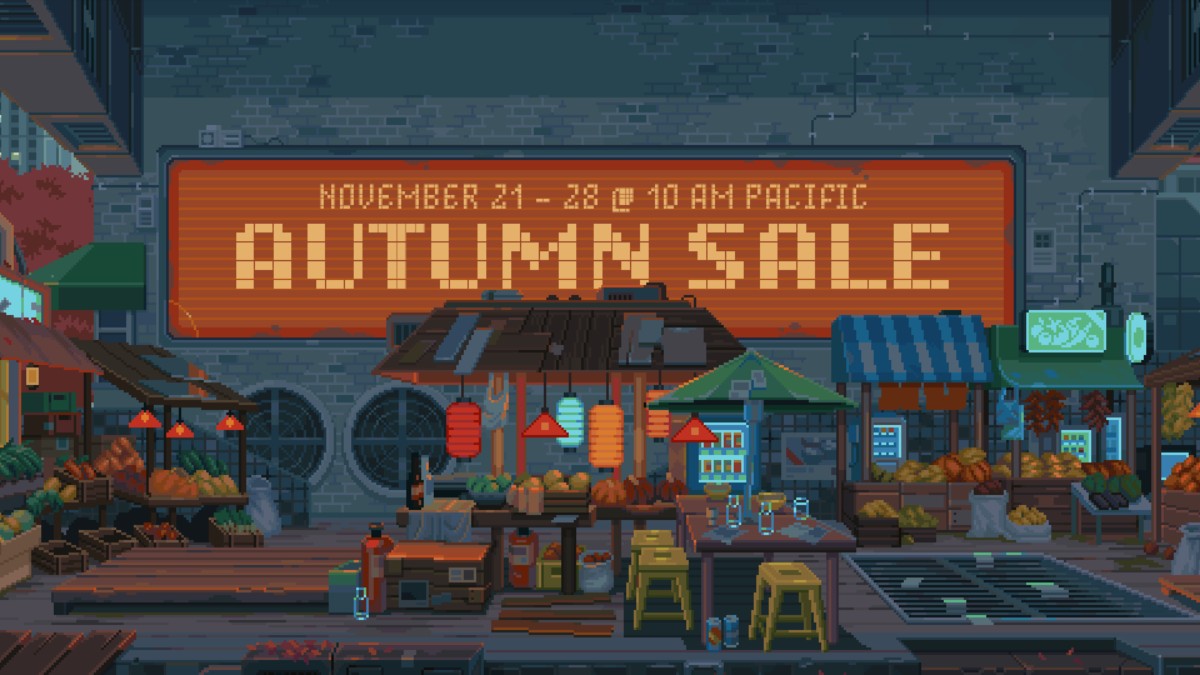
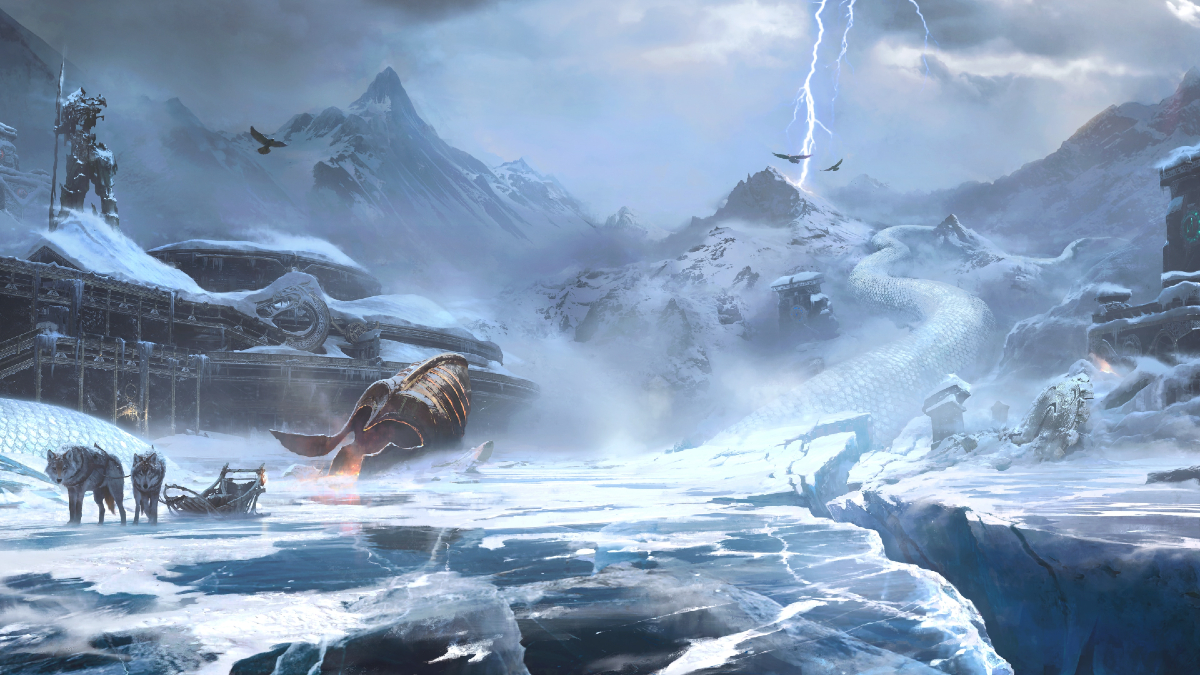
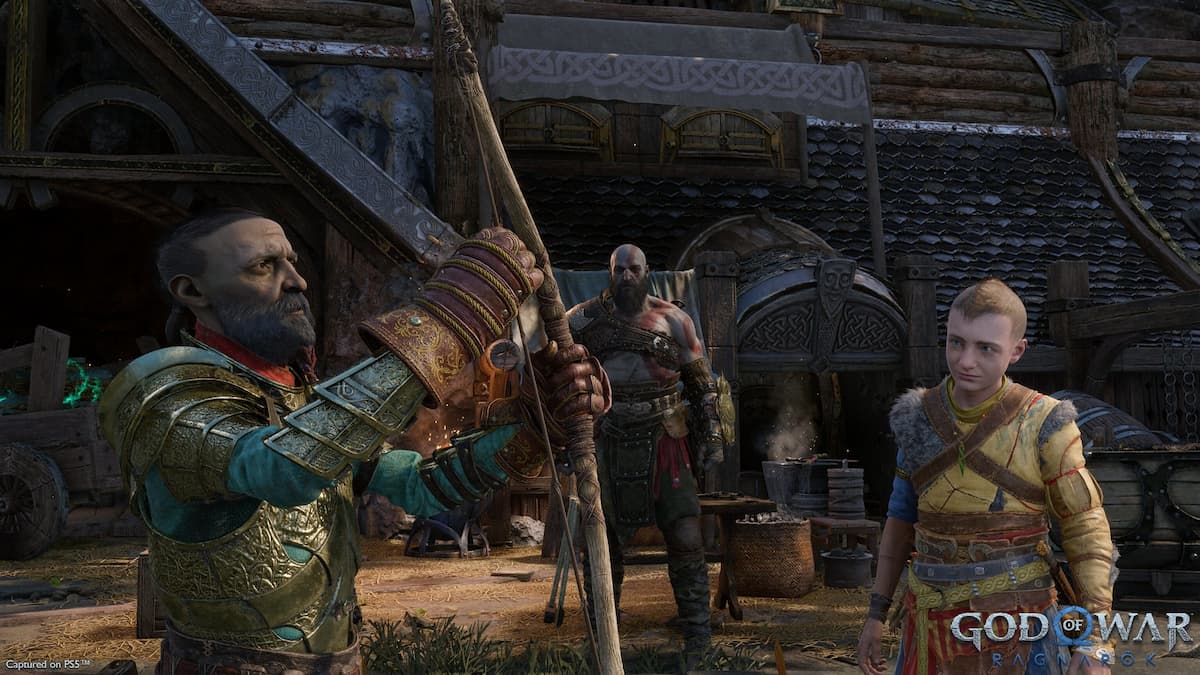
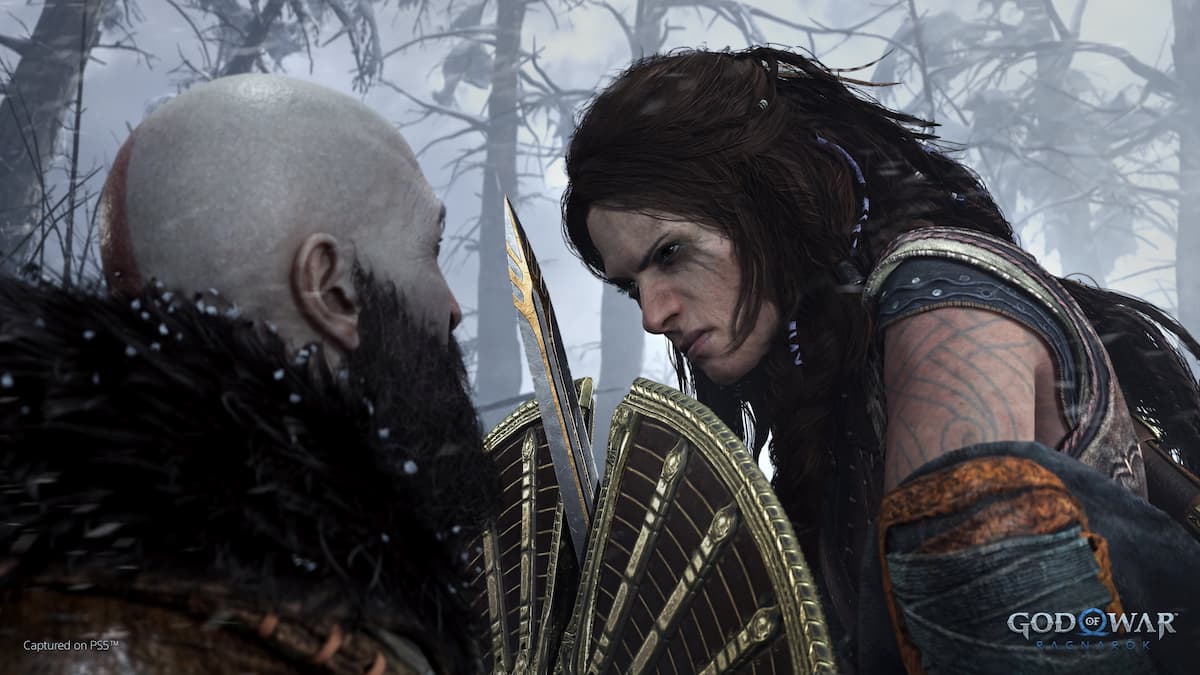
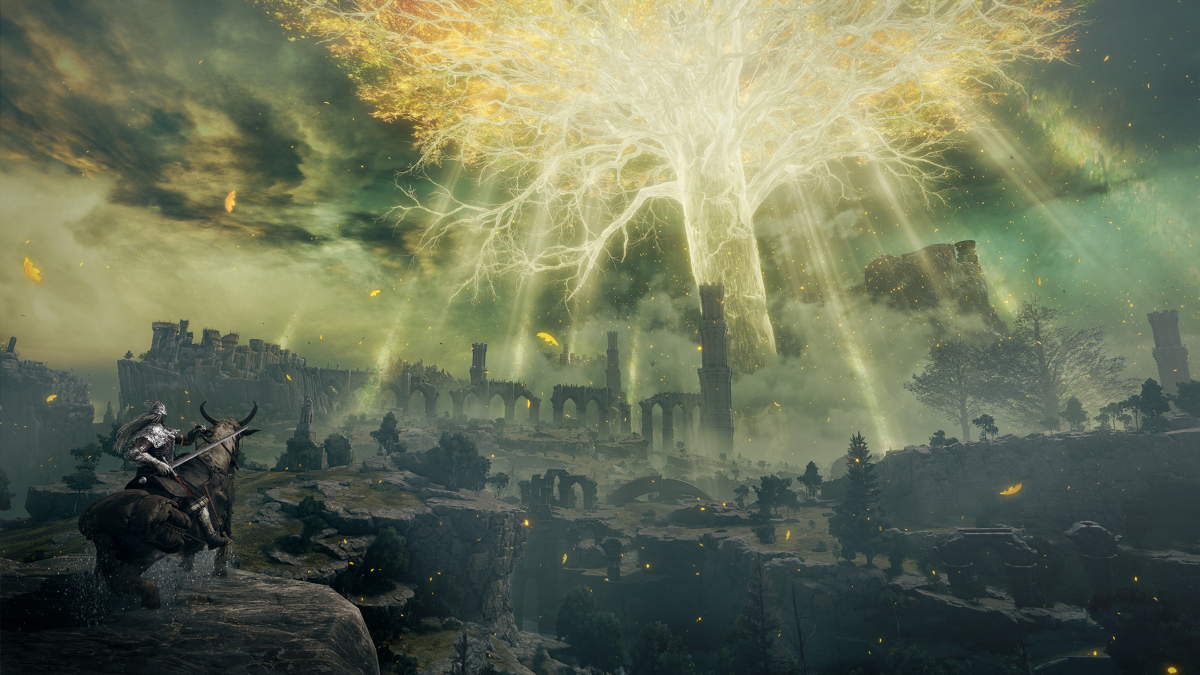
Published: May 5, 2018 10:22 pm